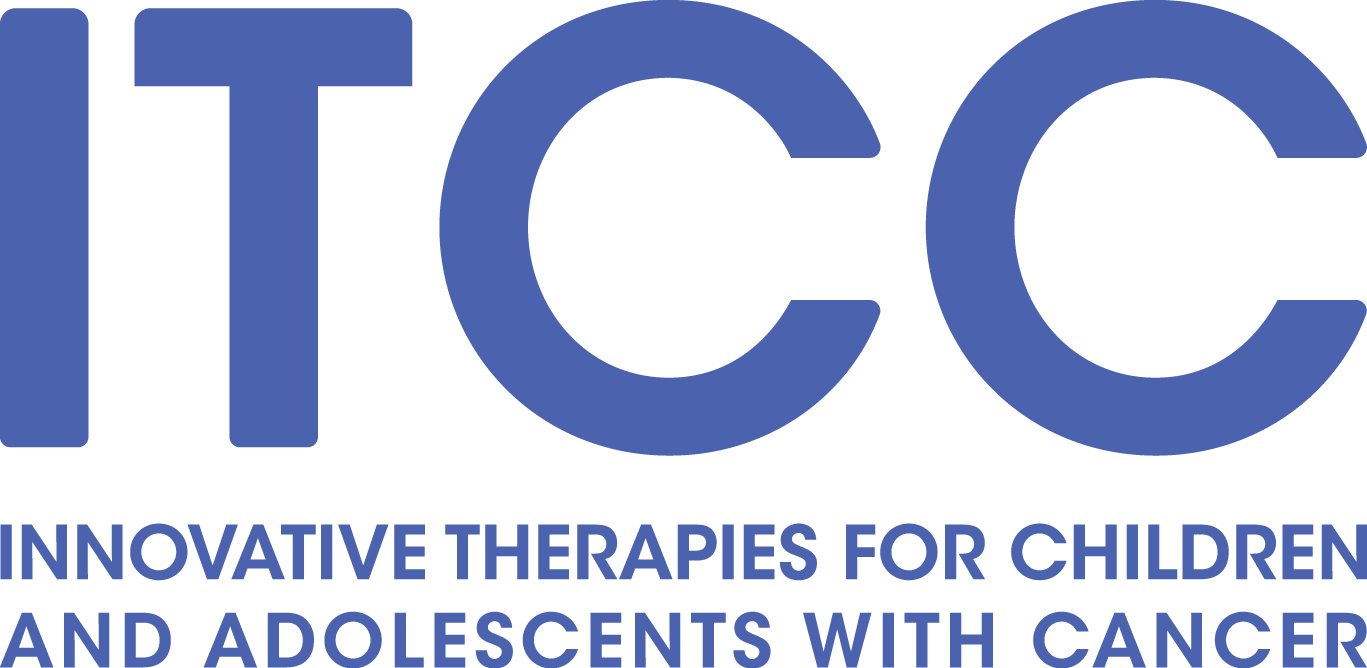ITCC Clinical Trials
Why Access a Clinical Trial?
Early Phase
What does early phase mean?
An early phase trial (also known as
a Phase I or II trial) is used most often in the treatment of cancer when a patient’s
disease has relapsed and there are no further lines of standard treatment
available or when treatment has stopped working. Some patients with aggressive cancers may occasionally
be offered an early phase trial upfront.
Early refers to the first steps in drug development.
Phase I test new treatments which have not been tested before in
children and adolescents with cancer.
They help us to find out how safe and how effective a drug (or drug
Combination) is at treating cancer, identifying the correct dose of the new
drug and any possible side effect. These
trials only happen in a small number of patients.
Phase II try to find out if the new treatment is effective at the dose(s) chosen
in Phase I. They aim to find out how well the new treatment works for
particular types of cancer and to highlight any side effects.
New Treatments
What new treatments will be offered in an ITCC clinical trial?
Early
phase oncology trials are constantly evolving, current advancements have led to
the development and study of targeted therapies and immunotherapies for cancer
treatment and our trials are designed to incorporate these new therapies.
Targeted therapy specifically targets cancer cells without affecting normal cells. This allows for more precise and effective treatments with fewer side effects. These therapies use drugs designed to interact with specific molecules or proteins involved in cancer cell growth, division and spread and are tailored to the unique characteristics of each patient’s cancer.
Immunotherapies work by harnessing the immune system’s power to attack
cancer cells. They are substances made by the body or in a laboratory to boost
the immune system. This type of
treatment can help the immune system stop or slow down the growth of cancer cells
or can help the immune system destroy cancer cells and stop them from spreading
to other parts of the body.
Key Messages
1. The following trials have been designed, reviewed, and supported by the
ITCC consortium with the shared drive and commitment to beat cancer, improve
survival and offer a real choice to try another option for continuing
treatment. Leading experts in paediatric oncology have agreed that each trial
offers a sound rationale for children and adolescents with advanced cancer or
in some cases aggressive cancers to continue treating their disease.
2. Like any new treatment we cannot predict the outcome of you
or your child’s participation in these ITCC clinical trial. The trial will have
been designed to minimise risk; however, any study of a new treatment could
potentially have risks that have not been anticipated. What we can offer is a
good trial, an option to try a new drug and or treatment schedule that for some
patients will provide the possibility of benefit.
3. The following trial specific information is provided to
support ongoing discussion with your local oncologist and help you both review
the options that are available to you at this time.
ITCC Clinical Trials Portfolio
The ITCC Clinical Trials portfolio will be available soon!
